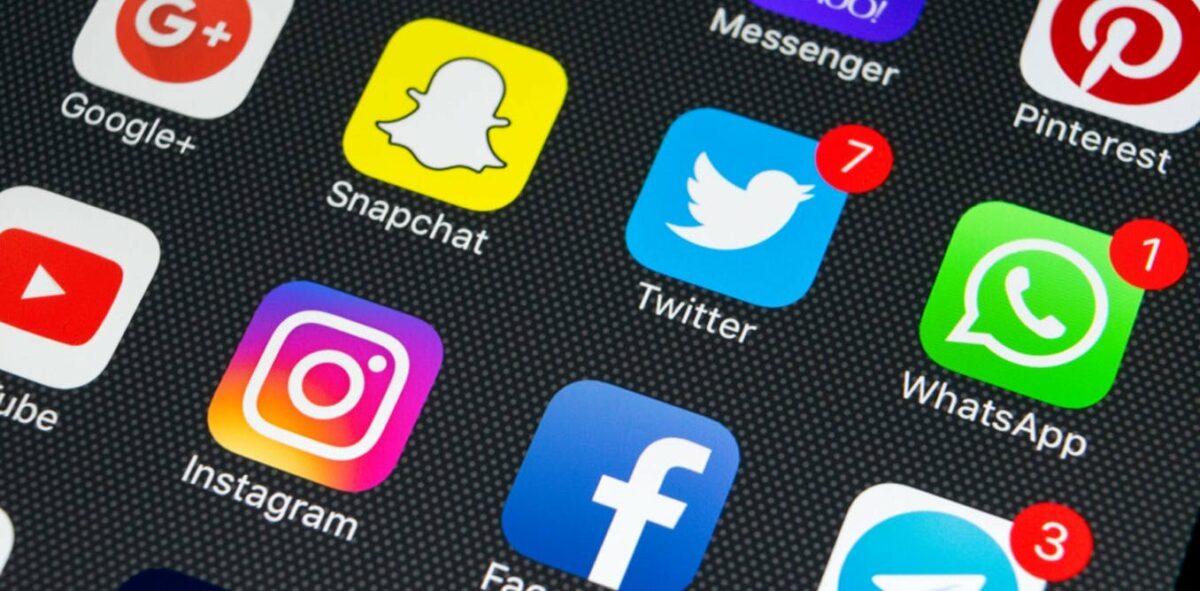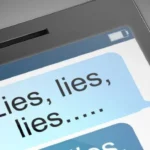With its various networking platforms, the advent of the social media further revolutionized the world of information technology; changing for good the entire pattern of communication among individuals and groups. Besides being a global stage for conversations and other forms of social interaction, social media platforms have become persuasive sources of news, entertainment, knowledge, ideas and interests as they also allow users to electronically create and share contents. Social media connects people that share common interests. The platforms, which equally facilitate the building and expansion of business, political, intellectual and professional networks include Facebook, Twitter, LinkedIn, Instagram, WhatsApp, YouTube, and Snapchat.
Given how Facebook, Twitter and YouTube, have since their debut, shaped certain national and regional events in parts of the world including Nigeria, the power of the social media on politics, public peace, national security in many countries, today, cannot be easily wished away. While social media platforms were, no doubt, founded on well-intentioned premises with positive impacts on national economies and modern life; some of its users in Nigeria have rather turned them into spots for mischief and evil; a development against the innovative gains envisaged by its proponents.
- Binani’s guber ticket, victory for all Nigerian women – Aisha Buhari
- How I reduced employment imbalance against the North – Bello Kirfi
For example, a non-existent Christopher Uche-Ayodeji (Dr. Chris) recently “confessed” in the screenshot of a viral Facebook post that he allowed many Muslims to die while working as a doctor in northern Nigeria. Checks with the United Kingdom (UK) hospital where he claimed to be a physician confirmed that the purported “Dr. Chris” was unknown to it. Users, however, continued to share the screenshot on social media with a picture of a man unconnected to the matter. On Facebook, neither the message shared nor the page belonging to “Dr. Chris” exists.
Another latest misuse of social media is the one that soon trailed the recent killing of Deborah Samuel, a female Christian student of the Shehu Shagari College of Education, Sokoto over alleged blasphemy. False news was shared on social media that the residence of the Catholic Bishop of Sokoto Diocese, Bishop Matthew Hassan Kukah had been razed. The Catholic Diocese of Sokoto had to issue a statement debunking the false news. The statement, which also deflated claims that protesters had destroyed and burnt down two churches in Sokoto, averted reprisal attacks that would have ensued. The war of words that also erupted on Twitter and Facebook between some Muslim and Christian users of social media on the alleged killing of Deborah illustrated how Nigerians exploit the platforms for hate speech.
It is worse where the mischievous use of social media led to violence as once happened in Kaduna State when the Chocolate City boss, Audu Maikori, twitted a false story that five college of education students had been killed in Southern Kaduna. He later apologized for posting the fake story; claiming that his driver who relayed it to him said his (driver’s) brother was among the victims. When interrogated, Maikori’s driver said he handed down the false story to his boss to enable him secure permission to travel home.
Also an investigation by the BBC recently found that a network of Nigerians based outside the country with sympathy for the Indigenous People of Biafra (IPOB) was using the social media to call for violence and incite ethnic hatred against opponents of Biafra.
Being a medium that blends together various cultural thinking patterns and expression styles, social media has equally had terrible cultural consequences on the psyche of many Nigerian youths. Many youths have linked their involvement in violent crimes and anti-social behaviours including cultism, ritual killings, armed robbery, kidnapping, risky sexual behaviours and drug abuse to social media content. The National Orientation Agency (NOA), religious and traditional leaders all have a duty to change the tide of decadent trend eating into the fabrics of our value system.
Some Nigerians, ignorantly or mischievously, mistake hate speech for free speech as if the former were synonymous with the later. While freedom of expression is a fundamental human right in all member countries of the United Nations, the freedom does not extend to inflammatory language or any speech that expresses hatred or encourages violence on the basis of race, religion or gender against a person or group. A speech or writing that incites violence is far from being a demonstration of the right to express oneself. Certainly, it’s not a free speech when it threatens public peace and order.
Nigeria needs laws that prohibit the creation and sharing of fake news and hate speeches as means to preventing wicked politicians, religious bigots and ethnic xenophobes from misusing social media platforms. It would not be the first country to regulate the use of social media, Majority of developed democracies including Australia, Denmark, France, Germany, India, South Africa, Sweden, New Zealand, and the UK have laws that, for instance, restrict hate speech. In the UK, Article 10 of the Human Rights Act 1998 states that “restrictions on freedom of expression would be permitted when it threatens national security; incites racial or religious hatred; causes individual harm on health or morals; or threatens the rights and reputations on individuals.”
People must understand that every right goes with a responsibility, which in this case, requires every citizen to understand, appreciate and respect the right of others to similar freedoms. With political campaigns waiting to kick-off ahead of the 2023 general elections in a country already partitioned along deep ethnic, religious and political divides, there’s an urgent need for government, through the National Communication Commission (NCC) and other relevant agencies, to fashion out legislations that will regulate the use of social media in such a way that false articles, hate speeches and inciting articles are not posted. However, we must state here that such a law must be clear enough on what constitutes hate speech or inciting article to avoid being misused by politicians and the authorities to stifle opposition, the media or perceived enemies.
The law, when promulgated, should be widely popularized and offenders prosecuted accordingly. Government’s failure to regulate the social media or enforce provisions of the law to curb the excesses of its users should be seen as a recipe for anarchy. It’s time to regulate social media in Nigeria if only peace, stability and national cohesion are imperatives for the country’s development.

 Join Daily Trust WhatsApp Community For Quick Access To News and Happenings Around You.
Join Daily Trust WhatsApp Community For Quick Access To News and Happenings Around You.

